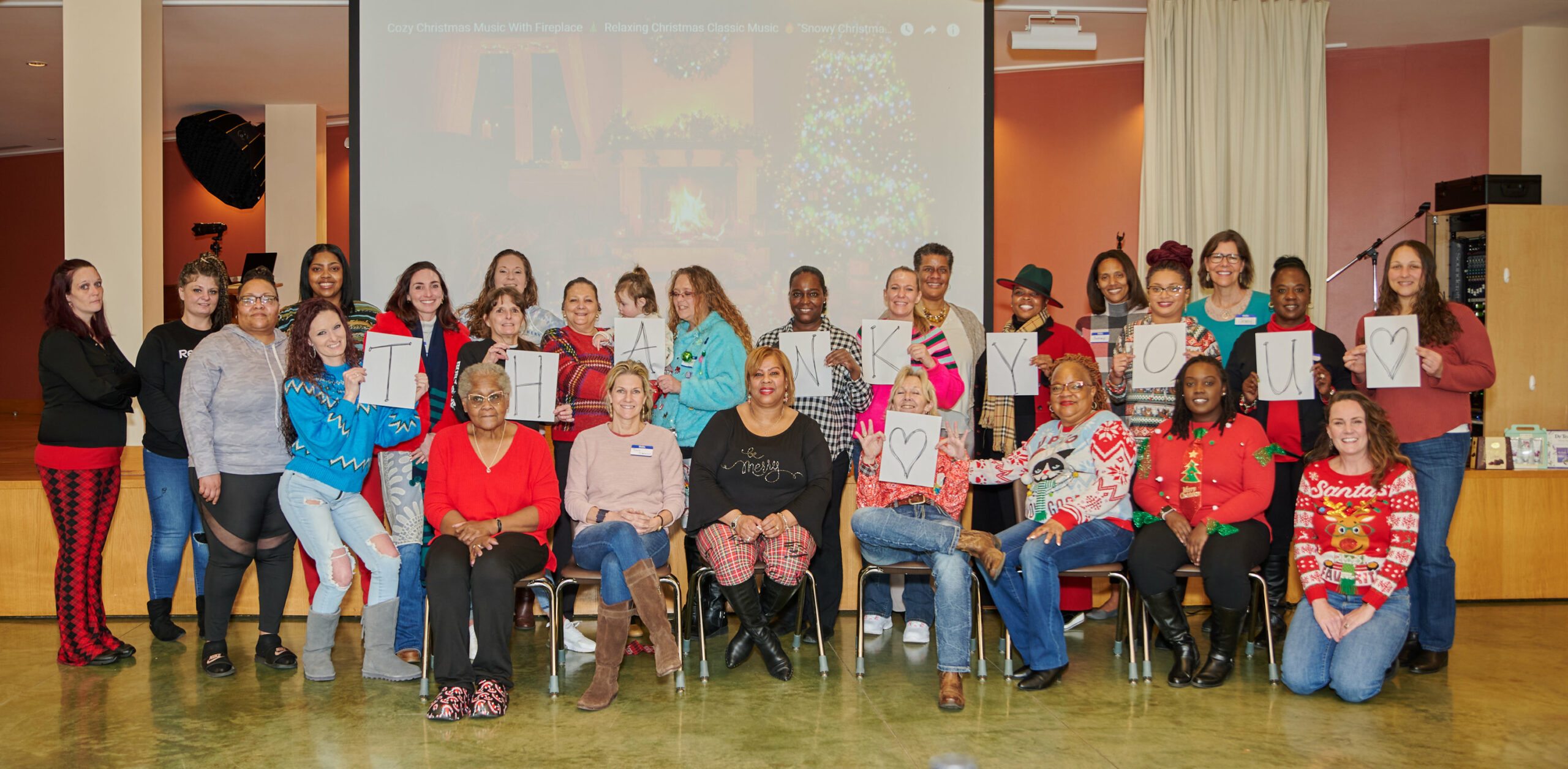Providing a path to
HEAL. GROW. THRIVE.
Systemic problems require holistic solutions.
Women transitioning from incarceration have paid their debt to society. They can become successful, productive citizens with empathetic support that gives them the power to play the lead role in the story of their lives.

WHO WE ARE
Arise Collective is a 501(c)(3) non-profit organization based in Raleigh, North Carolina whose mission is to equip women with the tools and support they need to heal, grow, and thrive, both in prison and in the communities to which they return.
WHAT WE DO
Women are the fastest-growing segment of the prison and jail population. Even though they have paid their debt to society and can become successful, productive citizens, far too often they face significant barriers to obtaining jobs, housing, social services and more. Arise Collective believes that systemic problems require holistic solutions. We strive to interrupt cycles of poverty, addiction, and violence by providing much-needed resources, a helping hand, and community for incarcerated and formerly incarcerated women.
WHY WE DO IT
of women in prison will be released
one day
the percentage increase in women’s incarceration since the 1970s
the number of women in prison with either mental health or substance use issues


